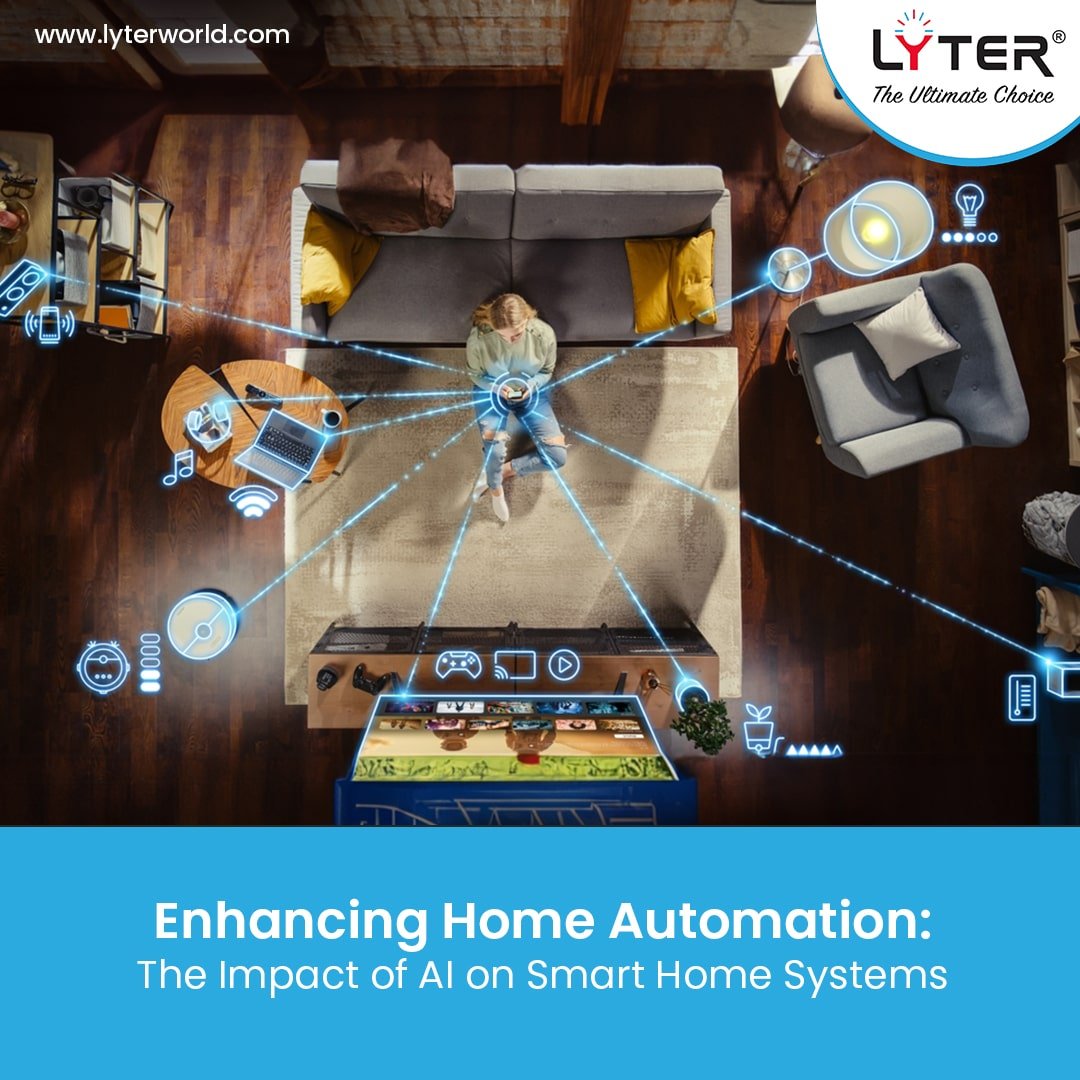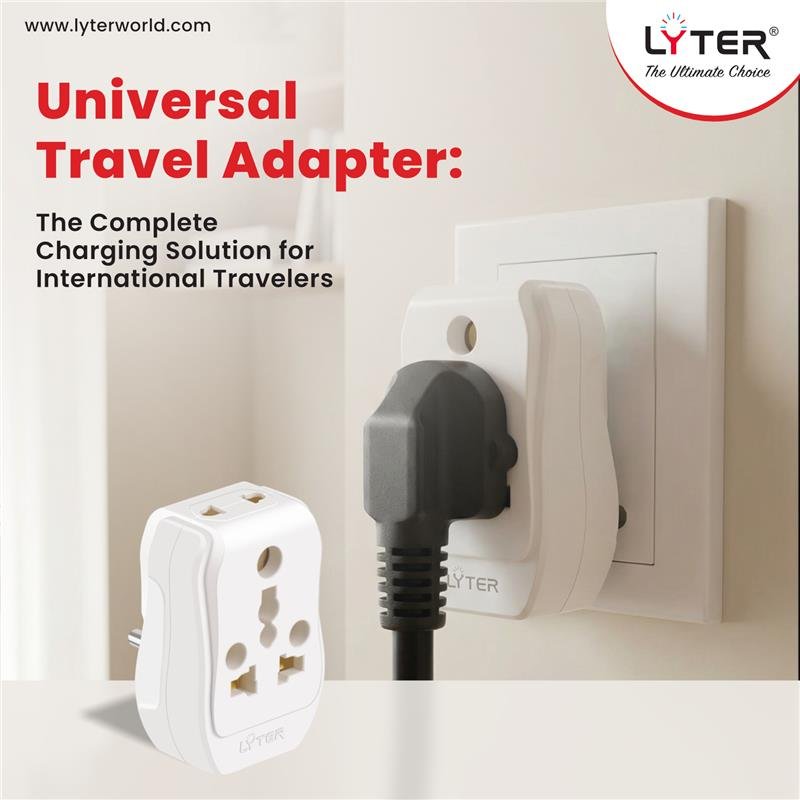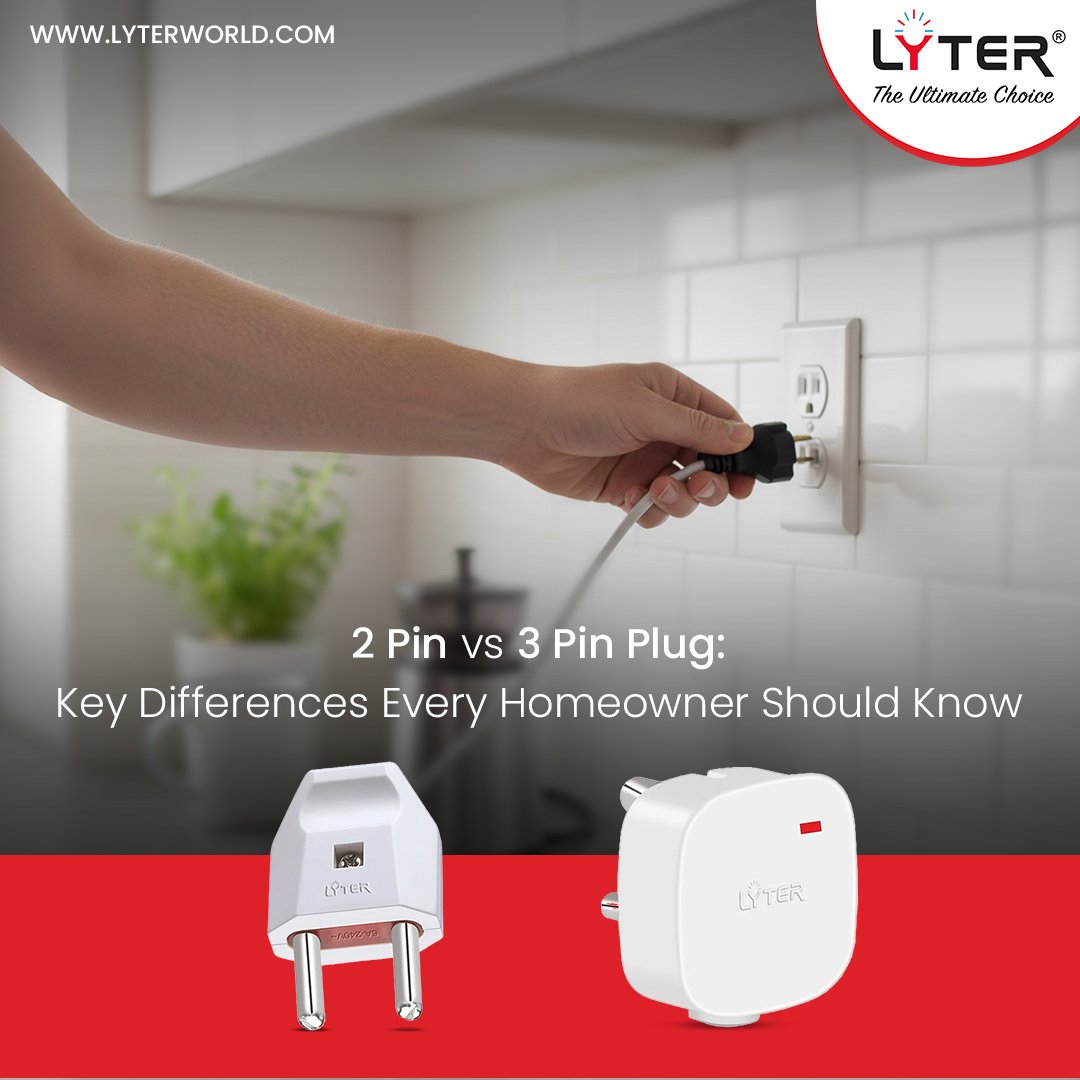Imagine your home not just responding to your needs but anticipating them— thanks to artificial intelligence ( AI), this is rapidly becoming a reality. Smart home systems equipped with AI are transforming our lives, making daily routines more convenient and energy-efficient. These systems learn from our habits and preferences to control everything from lighting and temperature to security and entertainment, seamlessly integrating technology into our lives.
In this blog, we’ll dive into the dynamic realm of AI-powered smart homes, exploring how artificial intelligence elevates these systems and providing insights into a future where your home not only responds to your needs but also anticipates them with remarkable accuracy.
The Evolution of Smart Homes:
Smart homes have evolved significantly over time. Initially, the concept revolved around basic home automation systems that managed simple tasks like turning lights on and off or controlling thermostats. These early innovations laid the groundwork using timers and remote controls, prioritizing convenience and energy efficiency.
The real transformation began with the integration of artificial intelligence (AI). AI allowed for more sophisticated systems to learn from user behaviours, optimize energy usage, and enhance security. This shift turned basic automated homes into truly smart homes, capable of anticipating needs and adjusting automatically to provide comfort and efficiency.
Many electrical accessories manufacturers in India are now including AI at the heart of smart home technology, continually pushing the boundaries of what these systems can do.
AI-Powered Features in Smart Homes
AI-powered features have transformed modern smart homes, making them more intuitive and secure. Here’s how AI plays a pivotal role:
- Voice Assistants:
AI powers voice assistants like Alexa and Google Home, enabling them to understand and process human speech. These devices use natural language processing (NLP) to interpret commands and respond accordingly. Whether it’s playing music, setting reminders, or controlling other smart devices, AI makes these interactions seamless and efficient.
- Predictive analysis:
AI enhances the smart home system through predictive analytics. By learning from your habits and preferences, AI can predict your behaviour and automate functions accordingly. For instance. It can adjust heating and lighting based on your daily routine or even suggest recipes based on the groceries in your smart fridge.
- Smart Security systems:
AI significantly improves home security. It uses advanced algorithms to monitor your home feed, recognizing unusual activities and potential threats. This capability allows for real-time alerts and responses, such as notifying homeowners of suspicious movements or automatically contacting authorities. Facial recognition and behaviour analysis further enhance the effectiveness of these systems, ensuring a higher level of security.
These AI-driven technologies not only add comfort and convenience to our lives but also improve energy efficiency and security in our homes.
Benefits of AI in Smart Homes
- Convenience:
AI transforms ordinary homes into intelligent hubs, where devices communicate to streamline daily tasks. For instance, an AI-powered assistance cab controls lighting, manages your schedule, and orders groceries, making daily routines more straightforward and more efficient.
- Energy Efficiency:
AI contributes significantly to energy management by learning patterns of usage and adjusting systems like heating and cooling to operate only when needed. This not only reduces unnecessary energy consumption but also lowers utility bills, offering both financial and environmental benefits. Many electrical accessories manufacturers in India are now producing such products that are energy efficient.
- Enhanced security:
Security is greatly enhanced in AI-equipped smart homes. AI systems can analyze real-time data from cameras and sensors to instantly detect unusual activity and alert homeowners. They can also integrate with law enforcement for quicker response times, providing an added layer of security.
- Personalization:
AI excels in personalizing the home environment to suit individual preferences. By learning from your habits and preferences, AI can adjust elements like lighting temperature and even play your favourite music, ensuring your home environment is always set just the way you like it.
Challenges and Concerns
- Privacy issues:
The integration of smart technology in homes raises significant privacy concerns. Homeowners are worried about the security of their personal information as these devices often collect and transmit data. Ensuring robust security measures and transparent data policies is crucial to protect users’ privacy.
- High Cost :
Smart home technology can be expensive, making it inaccessible to some homeowners. The initial setup, maintenance, and potential upgrades contribute to these high costs, which could deter widespread adoption.
- Technological dependence:
Relying heavily on technology poses risks; systems can fail, and when they do, homeowners might be unable to perform basic tasks manually. This overdependence on technology can also lead to a loss of practical skills.
Future Trends in AI and Smart Homes
In the near future, AI innovations for smart home systems will focus on enhancing efficiency and personalization. Technologies like predictive analytics could enable systems to adjust settings based on user behaviour and preferences. The integration with IoT devices is set to deepen, with AI acting as the central nervous system, coordinating diverse devices from refrigerators to security systems. Leading to more cohesive and responsive home environments.
Additionally, as smart homes evolve, they will play a crucial role in the development of smart cities, improving energy management and security on a larger scale and fostering an environment that adapts to the needs of their residents.
Get the smart home appliances from Lyter
AI in smart enhances convenience, security, and energy efficiency. As AI continues to evolve, the integration with smart home systems will become even more seamless and intelligent. Embrace this future by exploring AI technologies so your home can enjoy a smarter, more connected living experience.
If you are looking for smart home appliances, Lyter offers products designed to enhance convenience and efficiency in your daily life. Our products include innovative solutions for lighting, heating, and security, all of which can be controlled remotely via smartphone apps. We are known for our user-friendly interfaces and energy-saving capabilities, making them a popular choice for modern households








